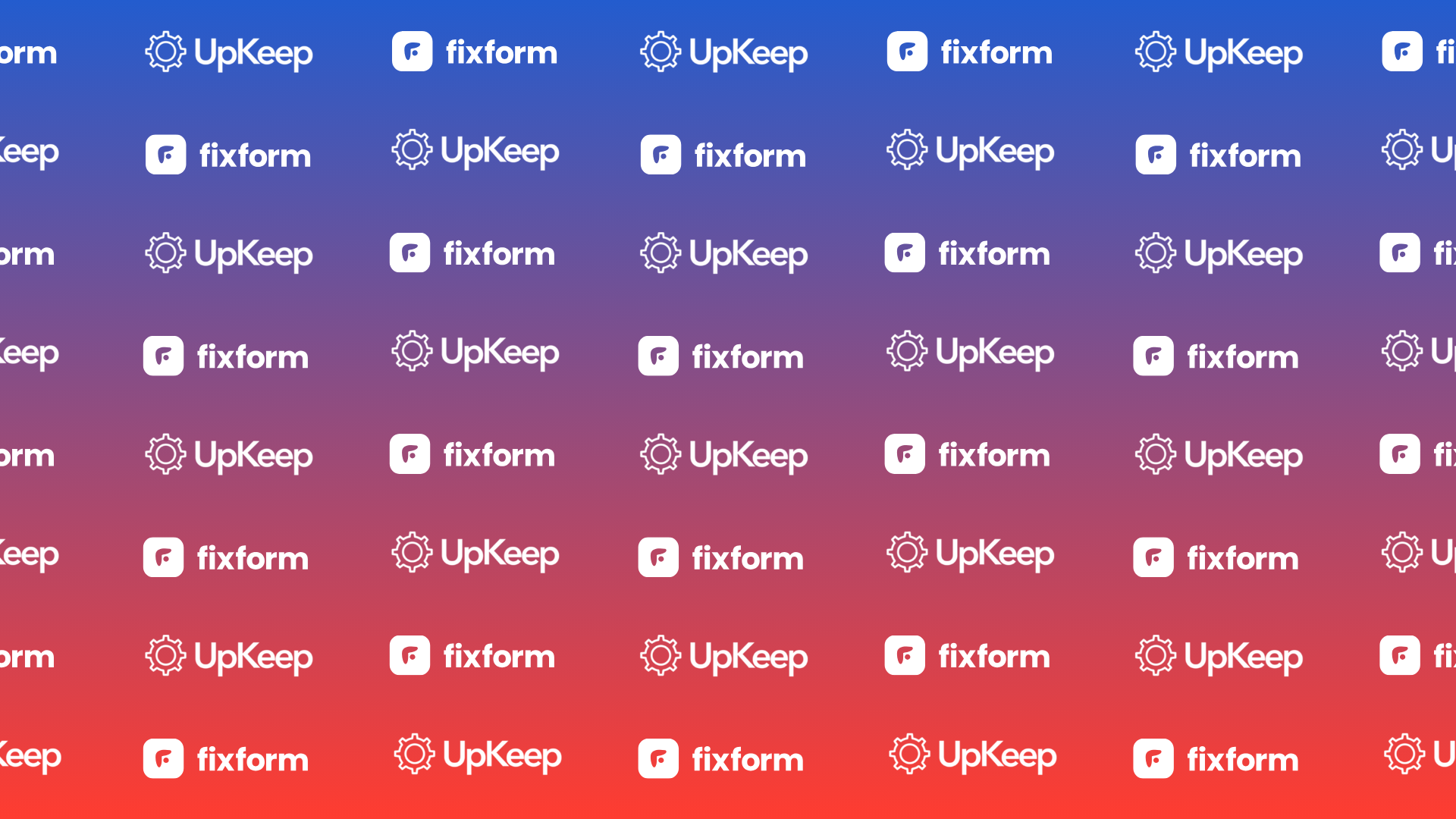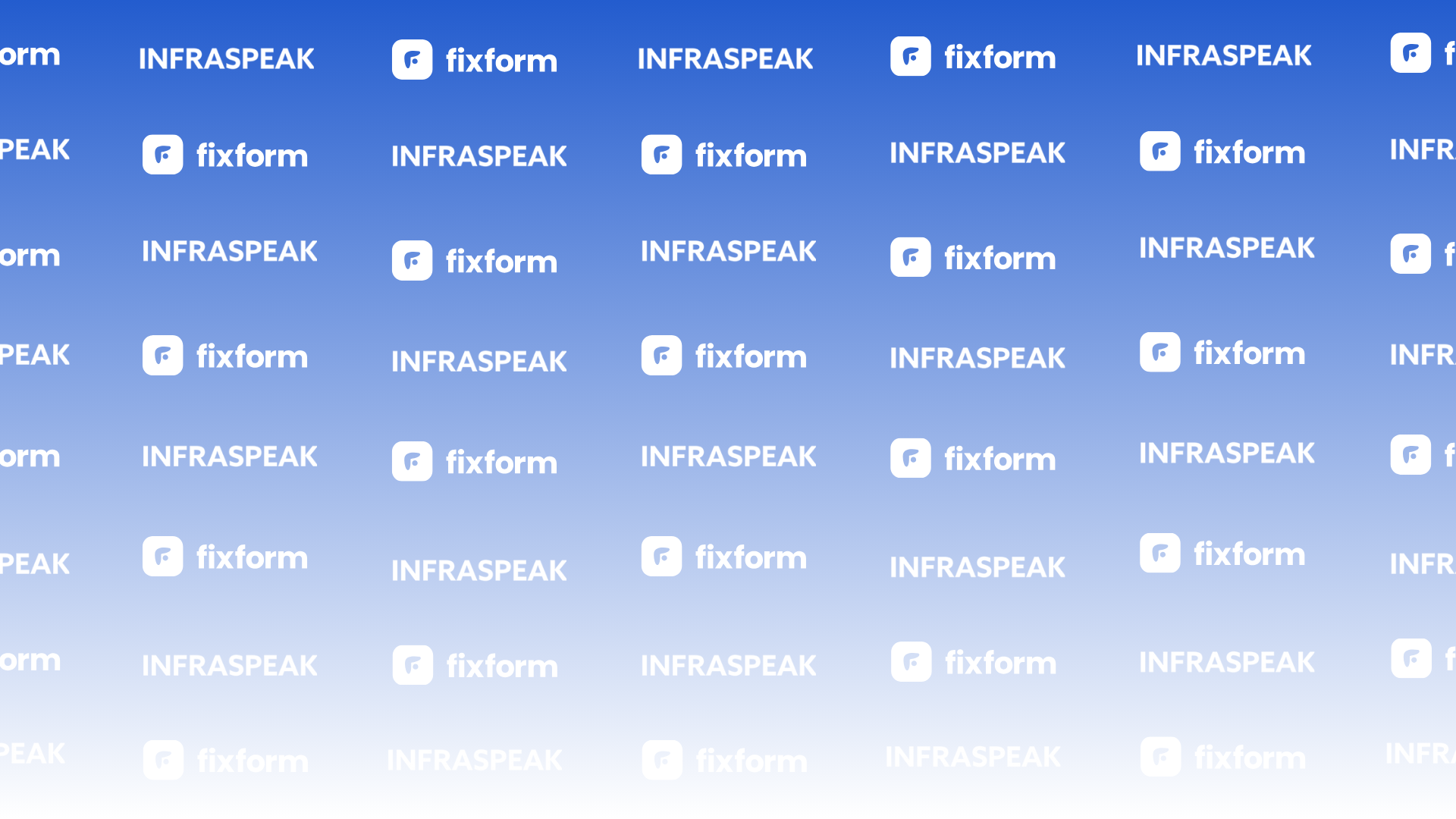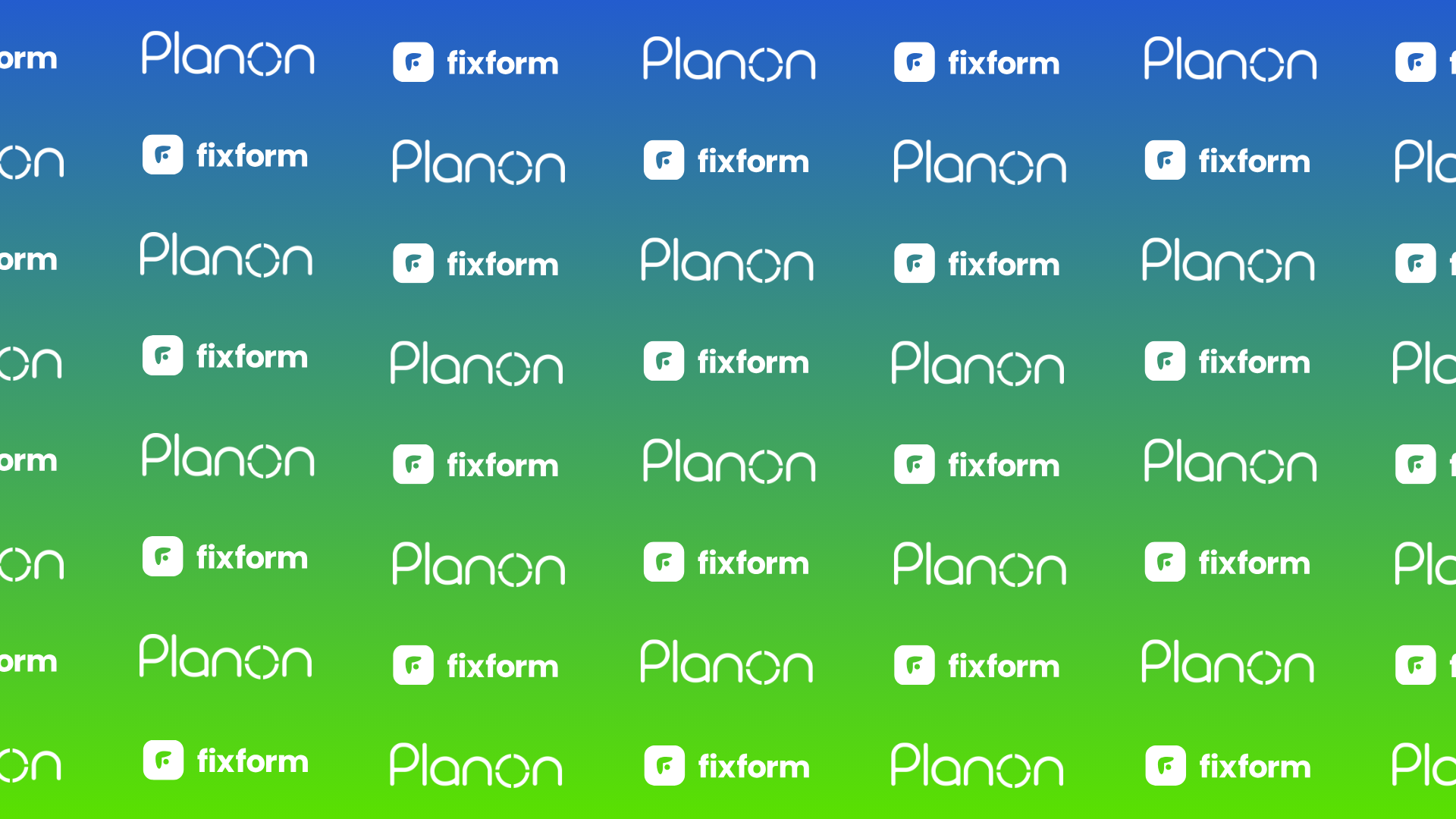"Good tech can fix more than homes: it can fix trust."
"Good tech can fix more than homes: it can fix trust."
Social housing is at a turning point. Technology, data, and digital services offer huge opportunities but only if they're used wisely. FixForm spoke with Tony Smith, a seasoned housing IT consultant in the UK, about where things go wrong today, how we can do better, and why good processes matter just as much as good tech.
A sharp, practical conversation about missed chances, real change, and putting residents back at the heart of housing services
.png)
Tony, you’ve worked across the housing sector for years. What’s still going wrong when it comes to IT in social housing?
A lot of great IT solutions are badly procured. Often, organisations buy systems without a clear idea of the core problems they're actually trying to solve. Projects that really amount to business transformation are treated as simple IT upgrades. They're poorly resourced, and internal processes aren’t reviewed or reshaped to fit new digital ways of working. The same software might succeed brilliantly in one organisation but totally fail in another one just down the road.
Where do you see the biggest communication gaps: between residents, repairs teams, and back office?
It often comes down to a lack of a joined-up repairs journey. For over a decade now, we’ve had good self-service options that could diagnose a repair in under 90 seconds, offer appointment slots, and automatically create a works order – with SMS confirmation for the resident. I've seen it work with over 40% take-up from tenants.
The key is making self-service the easiest, smoothest way to report repairs. If you don't, you’ll just drive more calls to the service centre — to book, check, or chase jobs manually.
A lot of organisations still rely on legacy systems that don’t talk to each other. How do you keep innovation alive in that setup?
Staying still is extremely expensive. Organisations stuck with old systems should bring in “a critical friend” to review what's in place, look for quick wins, and calculate the hidden costs: manual workarounds, duplicate data entry, service failures, complaints, disrepair claims, audit and GDPR risks.
Sometimes saving just four full-time staff could cover the cost of a modern cloud solution, with proper APIs and future-proofing. When you buy multiple systems, make sure they can actually interface with each other. This is a rookie mistake that still trips up organisations even today. Getting expert advice before taking big decisions is absolutely vital.
Everyone’s talking about AI, sensors, and predictive maintenance. How do we move from buzzwords to business-as-usual?
There have been dozens of small pilots and while many showed positive results, few led to major investment. Some promising areas are emerging though: IoT sensors in empty properties, portable damp and mould sensors, and monitoring technology in care and support housing. The real success will come when landlords communicate clearly with residents about why sensors matter: how they can save money, improve home comfort, and prevent bigger problems. Yes, it requires investment but it can help avoid much higher costs later down the line.
What role do you see for residents in all of this? Can tech help build more involvement or ownership?
Residents today want the same smooth service we all expect elsewhere in our lives. They don't want an “experience” when reporting a repair. They want it to be quick, accurate, and hassle-free. Good tech should diagnose the issue properly, send the right operative the first time, and keep residents informed about follow-up actions. When you do that, you build trust. And trusted residents are more likely to pay their rent on time, respect their tenancy, and feel proud of where they live.
You’ve seen the good and the bad. What mindset separates real changemakers from the rest?
Successful changemakers know how to balance functionality, price, and risk. Some organisations only want proven, safe solutions. Others are willing to experiment with newer, innovative approaches even if it takes longer or costs more. Both strategies are fine. The key is being honest about your risk appetite and choosing systems that genuinely fit your organisation’s goals, not just the sales pitch.
Looking back, what’s one thing you wish you’d known five years ago?
Five years ago, just before COVID, many councils and housing associations were still hesitant about cloud-first, browser-based systems, or multi-factor authentication. Lockdown changed everything. Suddenly everyone wanted to move fast, modernise systems, and support agile working. The suppliers that weren’t ready then are struggling now. I bet many of them wish they’d invested earlier too.
And finally – if you could say one thing to the whole sector right now, what would it be?
Many landlords need to get back to basics. Sort out your core processes. Use tech to serve residents better – with the respect they deserve. Never lose sight of the sector’s social purpose.
Growing up in council housing myself, I know first-hand how much difference it makes when housing services are run well, for families, for futures, for communities
Don’t miss the next webinar, subscribe now



Read more about Fixform
Curiosity is no crime
Questions, thoughts, impressions? Our team is at your disposal to discuss. Get in touch now and let’s find you a tailored solution and answer.




WE NEED COFFEE, PLS!

I think the coffee machine is broken.

The coffee machine is down.

There is no coffee coming out of the machine but there are cups in it.



.png)



.png)
.png)





